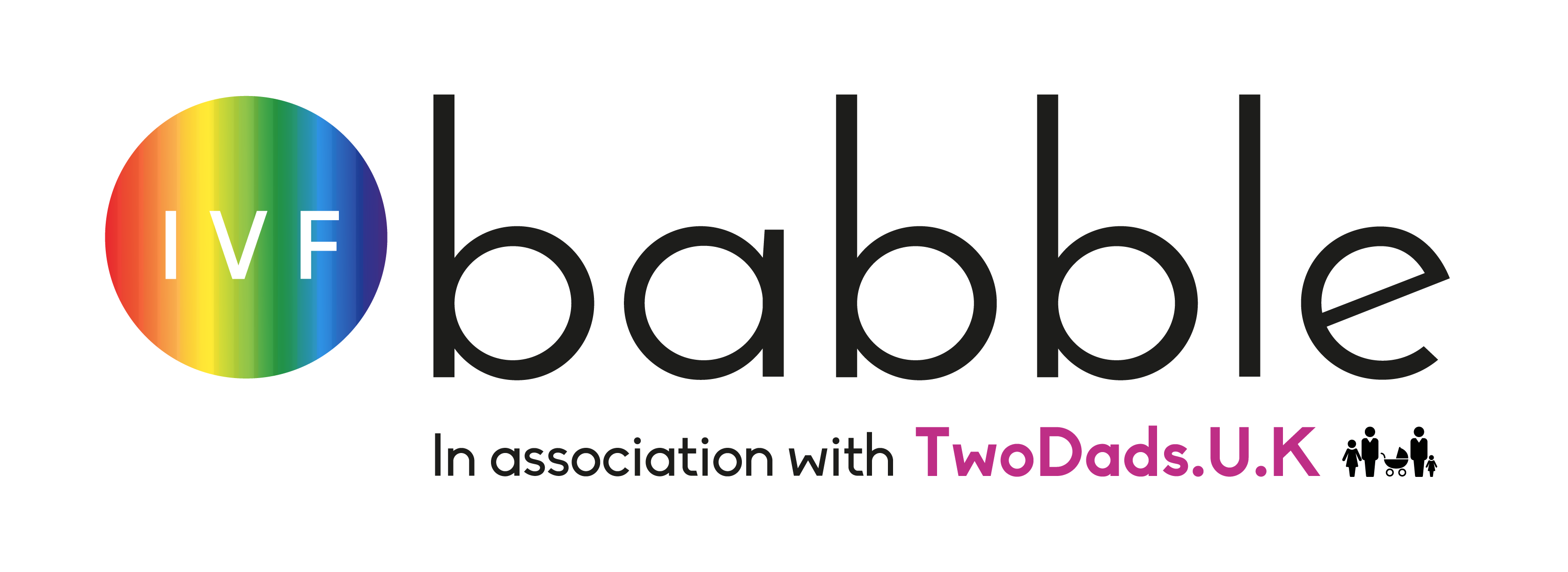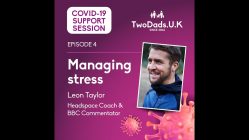By Dr Serena Chen
Sex is a good thing – it can make babies and make you happy. I am not talking about the end of sex for fun. I am talking about the end of sex for human reproduction. Sounds a little crazy, but given what is going on in the IVF world today this is starting to become a reality.
I have to credit Professor Hank Greeley at Stanford for introducing me to this concept through his book The End of Sex And the Future of Human Reproduction. (Harvard University Press 2018)
We can now, using IVF (in vitro fertilization) and PGT (preimplantation genetic testing) technology dramatically reduce or eliminate the risk for miscarriages, and transmission of many genetic diseases. If it were a little easier to do IVF, the benefits of having a baby the old fashioned way start to become outpaced by the benefits of using IVF. The normal rate of miscarriage is 25 percent even if you are a healthy fertile couple.
The risk of miscarriage using IVF with PGT A (PGT aneuploidy to check for missing or extra chromosomes) is less than ten percent. For couples who have infertility or recurrent miscarriage and much higher rates of miscarriage – well over 50 percent – this technology makes sense. It can cost tens of thousands of dollars if you do not have insurance coverage, but after one miscarriage or more, many people feel it is well worth the money, time and discomfort to go through this process to significantly improve their odds of having a healthy baby.
But what if IVF were easier and less expensive?
What if you did not have to take multiple injections every day and get your blood drawn daily and have vaginal sonograms daily for one to two weeks in order to get an egg retrieval? What if you did not have to have a needle in your vagina to pull the eggs out? What if you could get hundreds of eggs at a time, instead of just half a dozen or a dozen at a time?
Well, then we could use our current technology to make sure that you do not miscarry and that your child does not carry any known genetic diseases. You could also choose the sex of your child, and possibly the color of her eyes. You could also increase the chance that your child will be taller than average and smarter than average. This technology exists today and does not require any genetic modification, it is just selecting for genes that already exist.
We know that there are a bunch of genes that impact things like height and intelligence, and if we select for the right combination of those genes, the child will have improved chances of having the characteristics we select for. In order to have a tall smart child you still have to feed them well and send them to school, but their genetic make-up will make them more likely to be intelligent and tall in the right environment compared to other children in the same environment with a different genetic profile. The only barrier is that IVF is still a difficult and expensive process and not easily accessible for many.
It is very difficult to get a lot of eggs and embryos into the lab
We can only obtain a few at a time and we are lucky if they have the right numbers of chromosomes, much less other characteristics. Even healthy fertile couples that want to choose the sex of their child can have trouble making just one embryo of the preferred sex. Mother Nature is extremely inefficient and most eggs and sperm, even from healthy egg and sperm donors, are not good enough to make a baby. So the process is extremely inefficient right now and only worthwhile pursuing if you cannot conceive on your own – via sex.
Now my question for you is – how do you feel about being able to determine characteristics of your child before they are born? Is this something we should be using this technology for? I believe that a lot of us agree that we should try to eliminate disease and suffering but even there, there is controversy. For example, IVF physicians have been asked to test for deafness and to transfer the embryo carrying the deafness genes by their deaf parents who feel that in the deaf culture, a hearing child will not fit in. In these cases, we were purposely testing for a genetic disorder and choosing to transmit that disorder to the next generation.
What about non-disease related characteristics?
We are doing sex selection now. It is happening. In the USA, it appears to be mostly family balancing and not sex bias. It is usually couples who have infertility and have to do IVF anyway and happen to have normal embryos of both sexes, and request that we put in the XX embryo before the XY embryo or vice versa. Normally the lab just selects the embryo with the highest grading. Our psychologists worry about this – the parents choosing the sex because it is often based in preconceived notions about gender – about having a little boy or having a little girl with all the cultural and social implications. But what if your XX embryo is a transgender boy? Genetic sex is not the same as gender identity for all people. Parents using IVF can select genetic sex, but not gender identity.
But what if we can do more than just sex selection? What if we could easily make thousands of embryos so we could select for multiple characteristics? I am not sure how I feel about this. The power of assisted reproductive technology can be awe-inspiring but also can feel a little scary. I like to tell people, only half-joking, that if my mom had access to this technology before she had me, I would not exist. She would have chosen the tall, quiet embryo, maybe the male embryo – instead of me –the short, loud girl. (I can still hear her voice from my childhood – “Serena! Why? Why you so loud?” said with frustration and a Chinese accent). My feeling on this is just because we can, does not mean we should.
We have not even at this point begun to talk about the implications of gene modification, which can and has been done (illegally – because there is a global ban on germline genetic modification). There are now three babies born in China that have had their genes modified at the embryonic stage using CRISPR technology – a gene editing tool. This reminds me of the Will Smith 2007 Sci Fi thriller I Am Legend– a movie about what happens to humankind when they finally conquer cancer using a gene-mutating virus, the only problem is that virus happens to turn humans into cancer-free murderous nocturnal monsters. Will Smith, whose character is immune to the virus and who also happens to be an army virologist and very good at fighting mutant monsters in the dark, ultimately saves the day. But the lesson of this fictional piece is actually very true – we do not understand all the implications of genetic selection or genetic modification.
So today, we can only obtain about a dozen eggs at a time, and that generates on average about two to four genetically normal embryos if you only check the chromosomes, if you add in checking for one disease, the number of normal embryos will decrease. If you are over 40 the number decreases even more.
Someday, perhaps as soon as the next five to ten years, we may be able to create large quantities of eggs via stem cell technology, which would allow us to easily create large numbers of embryos, which would allow us to use current testing technology to test for many more things. How do we want to use this technology? There is enormous potential for preventing disease and suffering but there is also potential for misuse and abuse. Let’s stay connected and continue the dialogue so we can use this technology responsibly and for good. Everyone, as global citizens should participate in this conversation, not just IVF doctors and scientists. I hope you will.
To find out more about Dr Serena Chen visit @DrSerenaHChen








